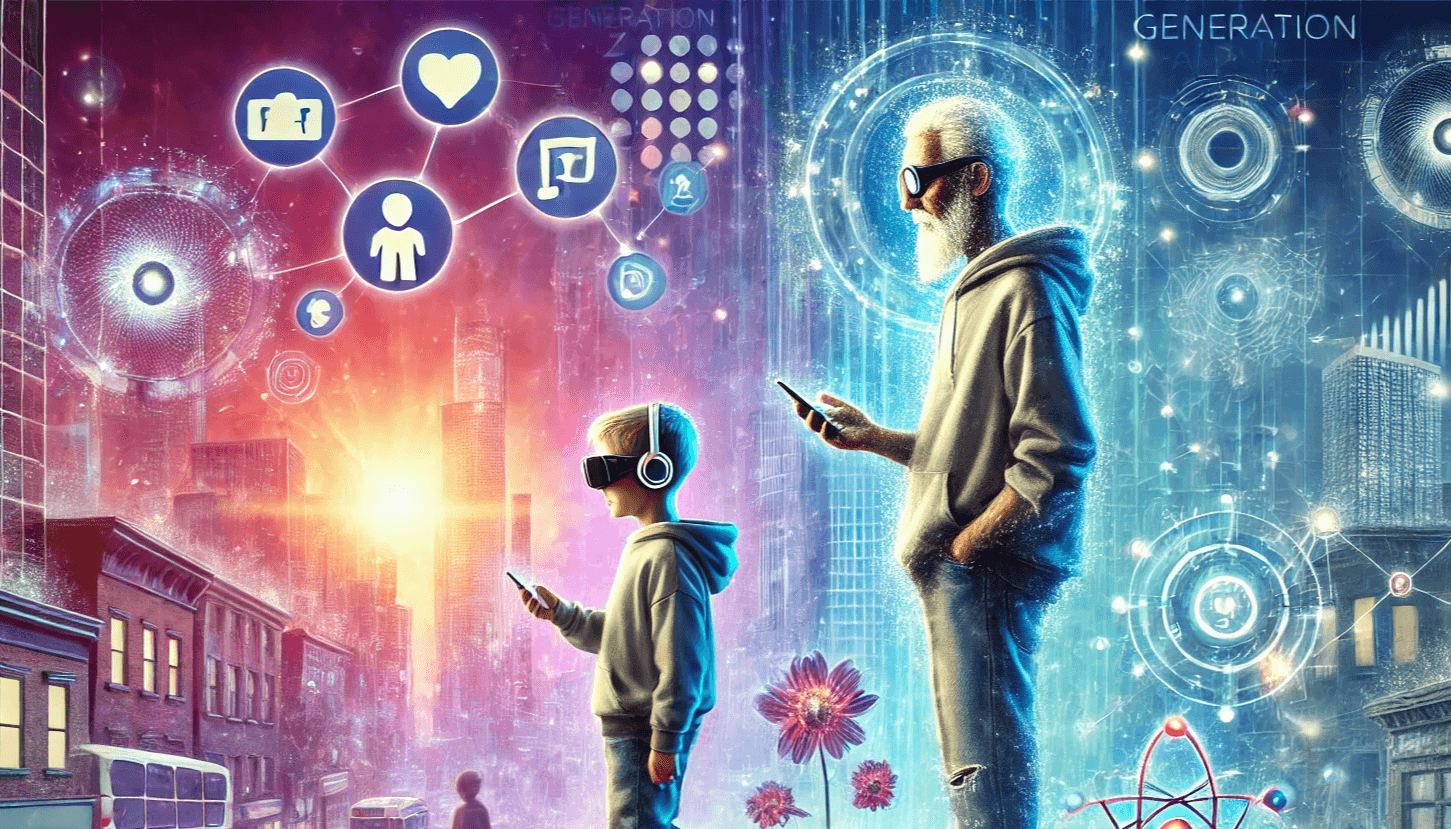Generations are often defined by their shared experiences, cultural influences, and the technology of their time. Generation Z (Gen Z), also known as Zoomers, is the cohort born approximately between the mid-to-late 1990s and the early 2010s. This generation follows Millennials (Generation Y) and precedes the emerging Generation Alpha.
Let’s explore what defines Gen Z, their unique traits, and what we can expect from the next generation.
Who Are Gen Z?
Gen Z is the first generation to grow up entirely in the digital age. Unlike Millennials, who witnessed the rise of the internet, Gen Z was born into a world already shaped by smartphones, social media, and global connectivity. As a result, their experiences and worldviews have been significantly influenced by technology, rapid societal changes, and pressing global issues.
Key traits of Gen Z include:
- Digital Natives
Gen Z is deeply immersed in technology. Social media platforms like TikTok, Instagram, and Snapchat are integral to their daily lives. They also rely heavily on digital tools for education, work, and social interactions. - Social Awareness
This generation is highly aware of issues like climate change, racial justice, gender equality, and mental health. They are vocal advocates for inclusivity and sustainability, often using social media to promote activism. - Individualism and Creativity
Gen Z values personal expression, whether through fashion, online content, or political engagement. Authenticity is a key priority for them, and they are quick to call out inauthentic behavior or “performative activism.” - Rethinking Education and Work
Unlike previous generations, Gen Z is skeptical of traditional career paths and educational systems. Many prioritize flexible work environments, entrepreneurship, and skill-based learning over conventional degrees.
What Comes After Gen Z?
The generation following Gen Z is referred to as Generation Alpha. Born roughly between 2010 and 2025, Generation Alpha marks the start of a new generational naming cycle, with “Alpha” being the first letter of the Greek alphabet.
What Defines Generation Alpha?
Although Generation Alpha is still young, their traits are beginning to take shape. Their upbringing differs significantly from Gen Z due to even greater technological integration and a world shaped by global disruptions like the COVID-19 pandemic.
- Hyper-Digital Lives
Generation Alpha is growing up in a world dominated by advanced technology. They interact daily with voice assistants, AI-powered devices, and virtual learning platforms. Unlike Gen Z, they are exposed to technology from infancy, shaping their learning, play, and communication. - Parental Influence
Generation Alpha is largely raised by Millennials, whose parenting styles emphasize inclusivity, open communication, and a balance between work and family life. As a result, this generation may adopt millennial values of diversity and well-being. - Focus on Health and Well-being
The pandemic has made health, hygiene, and mental well-being top priorities for families raising Generation Alpha. This generation may grow up with a heightened awareness of these issues. - Technology and Learning
With tablets and educational apps replacing traditional learning tools, Generation Alpha is poised to be the most tech-savvy generation yet. Their education is heavily reliant on digital platforms, AI tutors, and virtual classrooms.
What’s Next After Generation Alpha?
Once Generation Alpha ends around 2025, the next cohort is tentatively expected to be called Generation Beta, continuing the Greek alphabet cycle. However, generational names are fluid and often influenced by societal events. A major global shift could inspire a unique label for this group.
Generational designations like Gen Z and Alpha help us understand the values, challenges, and innovations that shape each age group. As society evolves, so will the characteristics of future generations, building on the legacy left by their predecessors.
Understanding Gen Z and anticipating what comes next offers valuable insights into how cultural, technological, and societal changes shape the future. Each generation brings its own challenges and opportunities, contributing to the broader human narrative in unique and impactful ways.












